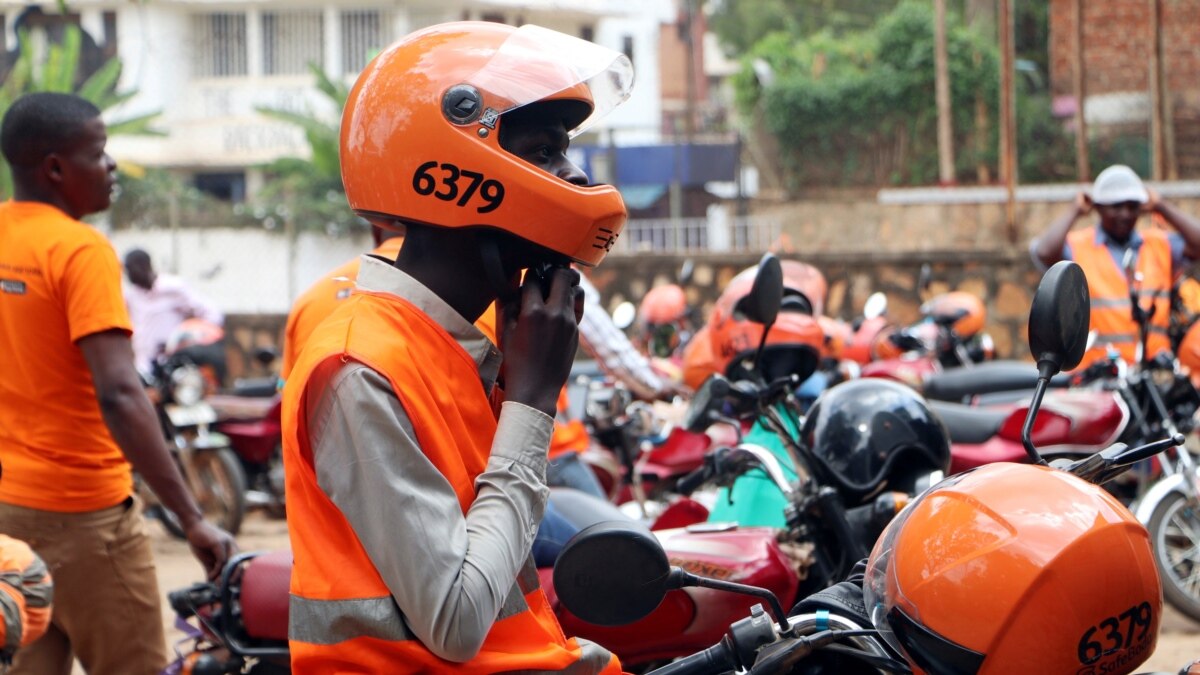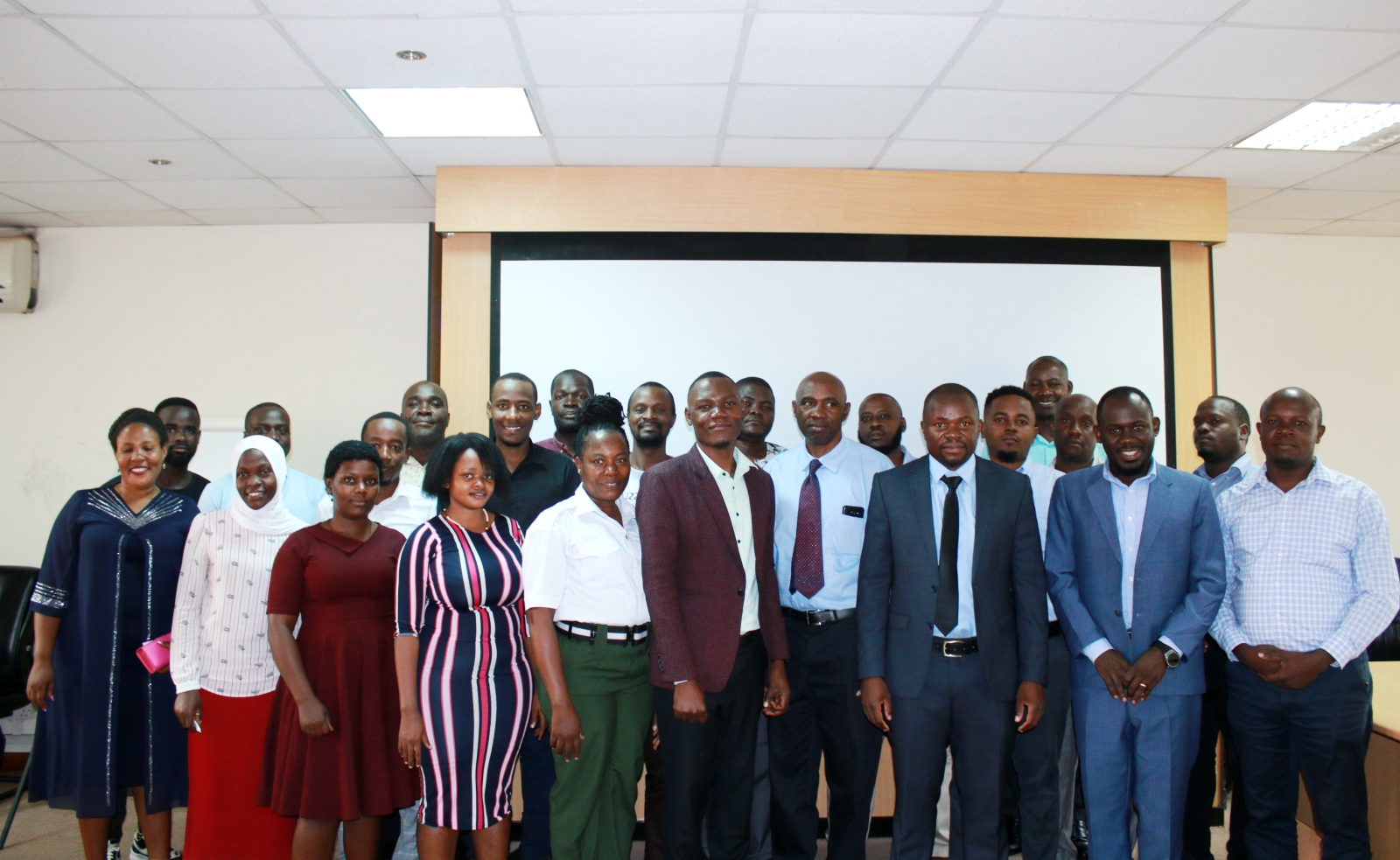A recent study on road safety in Kampala exposes a concerning trend: a significant portion of Boda Boda riders and passengers neglect helmet use, despite widespread awareness of their protective benefits. Mr. Bonny Balugaba, a researcher from Makerere University School of Public Health, shared the study’s findings, revealing that only 39% of riders use helmets, and even among them, many use them incorrectly.
The study, which has been collecting data on helmet use and speed in Kampala since 2021, underscores a critical issue in road safety. Proper helmet use has been scientifically proven to reduce the risk of fatality by 42% and the risk of head injury by 69% in the event of a crash.
Mr. Balugaba expressed concern over these findings, emphasizing the need for measures to encourage helmet use, highlighting the protective role helmets play in preventing head and brain injuries.
Some individuals cite trivial reasons, such as concerns about messing up their hair, for not wearing helmets. However, Mr. Balugaba suggests a review of the helmets available in the market, as some may not be suitable for Uganda’s climate and could be uncomfortable for riders.
“There is a need to see how best we can design helmets that are comfortable for people in Uganda,” he added.
Beyond helmet usage, the study delved into speed assessments, revealing that SUV drivers consistently exceeded recommended speed limits for urban areas. Saloon cars followed closely behind. The average speed among vehicles was 57 km/hr, significantly higher than the global recommendation of 30 km/hr for local and collector roads. Additionally, 60% of observed vehicles were traveling at unsafe speeds for both road types.
Traffic Police Spokesperson Micheal Kananura acknowledged the challenge but cited staffing shortages as a limitation in fully enforcing speed regulations. Most Kampala staff are deployed in traffic management, he explained.
Dr. Fredrick Oporia, head of Makerere’s Trauma, Injury, and Disability (TRAID), stressed the importance of high-quality data in addressing risk factors. Sharing this data with stakeholders, including the police and political leaders, can inform policies aimed at improving road safety.
However, researchers and attendees at the meeting acknowledged that road safety, including helmet use, is a behavioral issue. Mass media campaigns, coupled with enforcement, were identified as crucial tools for fostering behavioral change in road users.




















